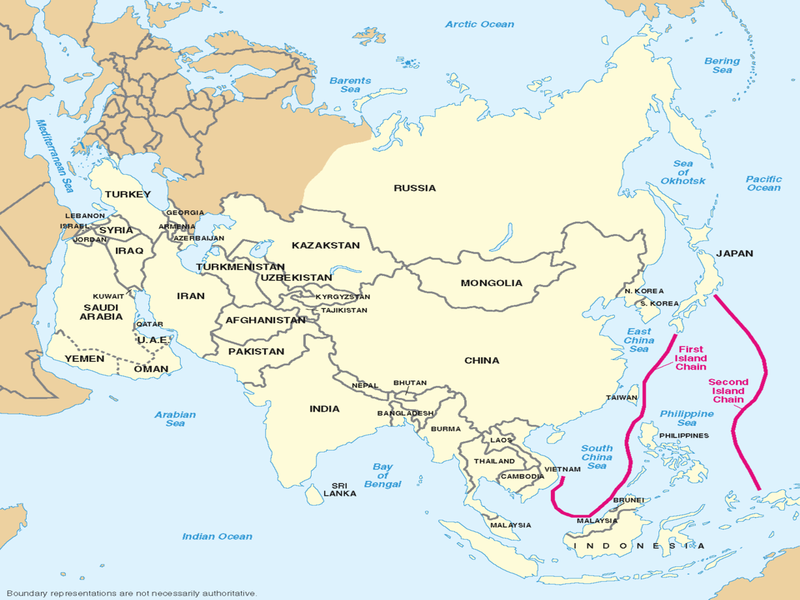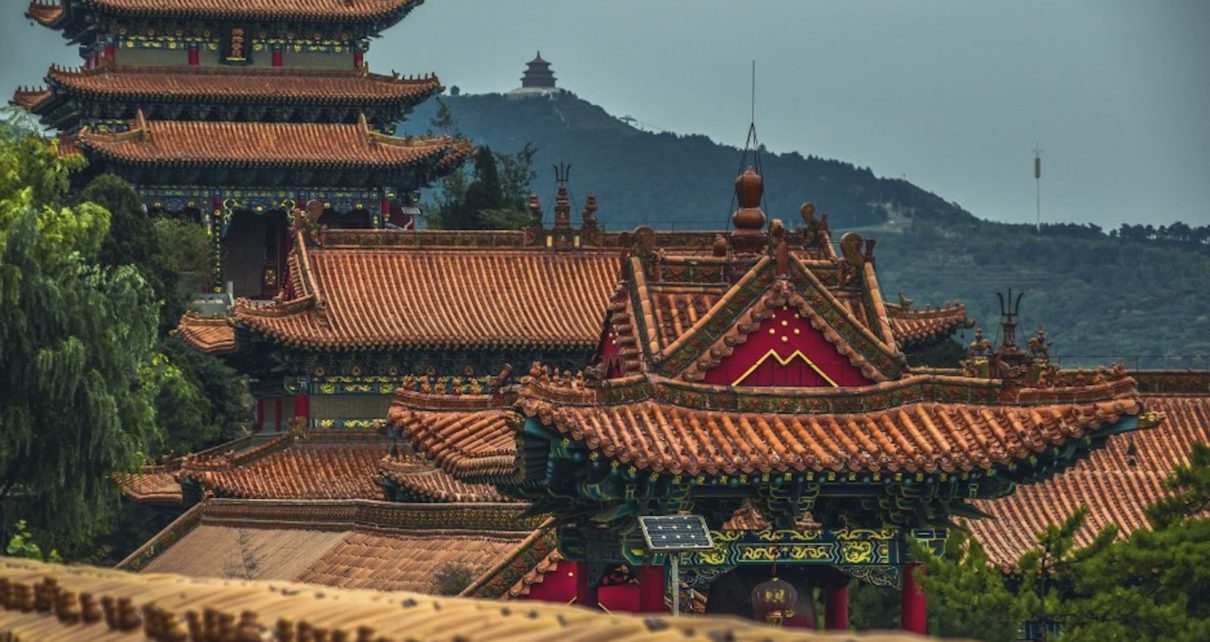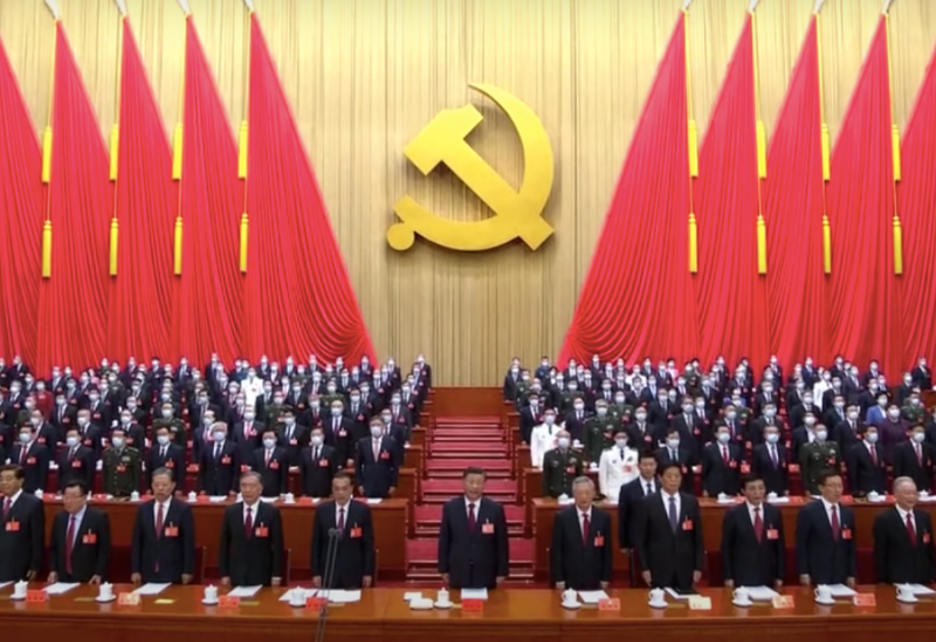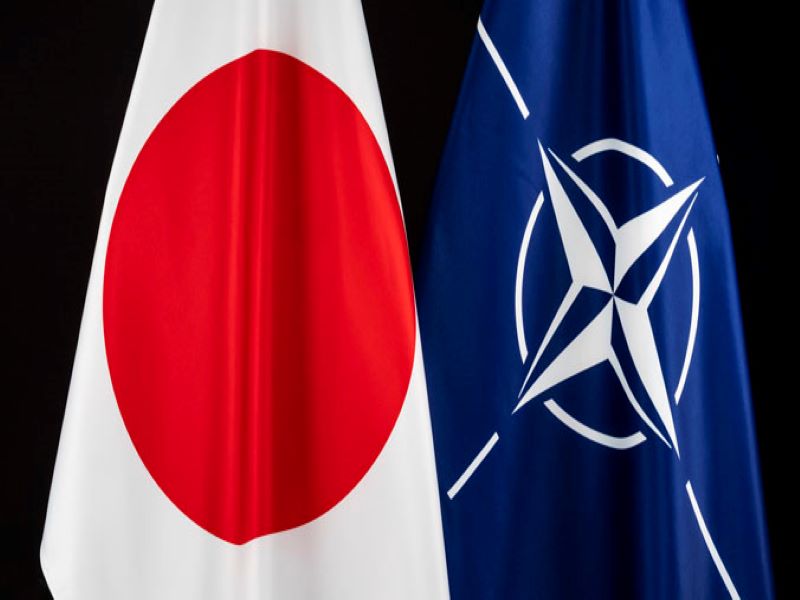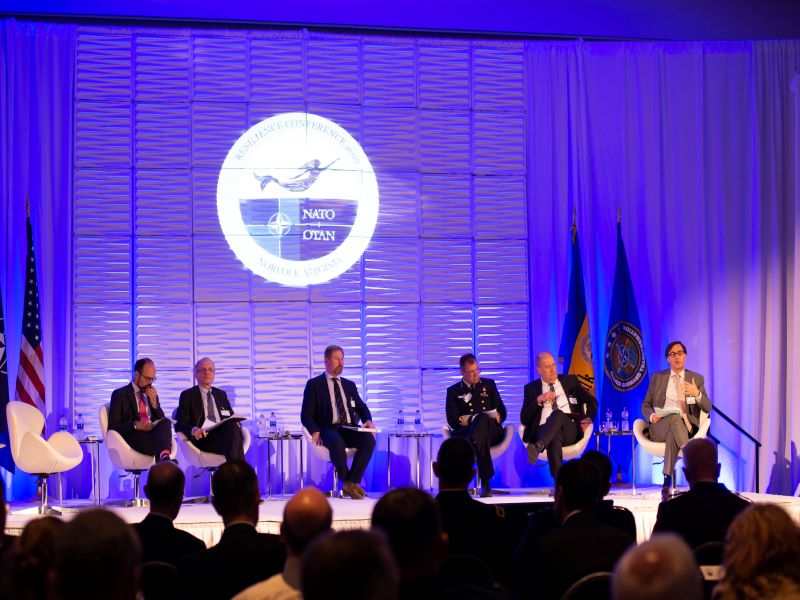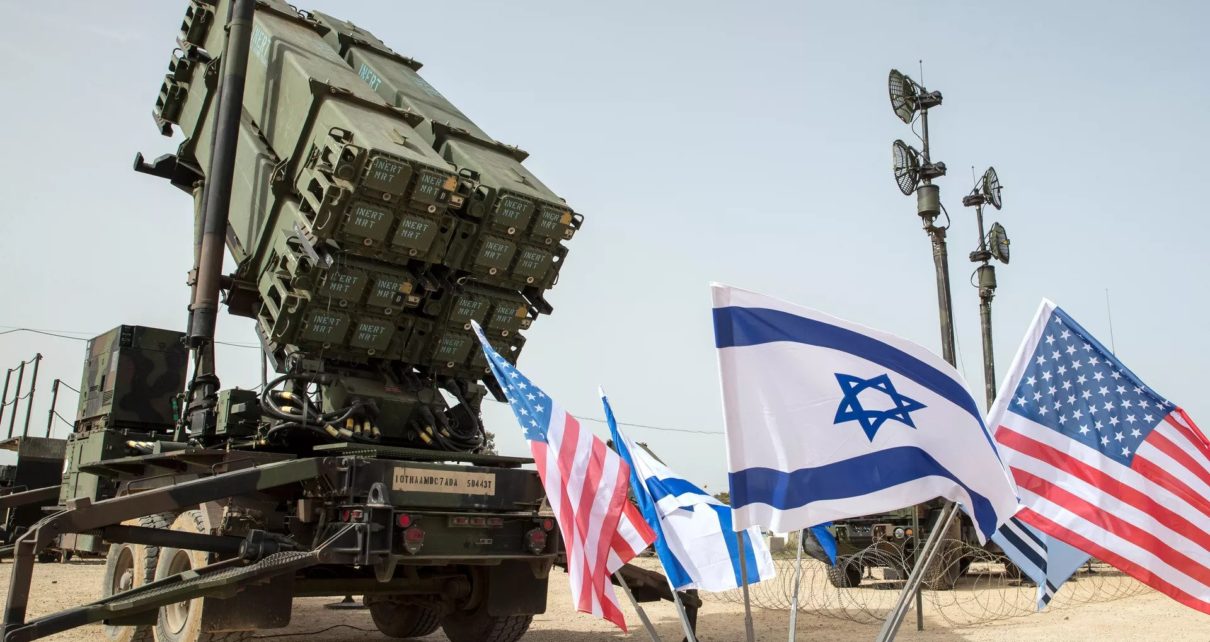Alexander Morrow and Nataliia Dikalchuk explain why Ukraine’s fight matters far beyond Europe. The war is reframing deterrence in the Indo-Pacific, prompting Taiwan to prioritize self-reliant defence and pushing China to reassess Western unity. Their analysis highlights how democratic resilience in one region shapes security calculations in another.
Tag: Taiwan
The 2025 NATO Summit and Its Implications for Indo-Pacific Security
In his latest piece, Alexander Morrow highlights how new NATO spending commitments strengthen security in both Europe and the Indo-Pacific. As the alliance rebalances burden sharing, European arms purchases have the potential to bolster the United State’s military industrial base and its ability to deter aggression against Taiwan.
The Importance of Taiwanese Sovereignty: Beyond Economics and Military Strategy
Recent media coverage of the West’s involvement in mitigating tensions between China and Taiwan has generally focused on the same handful of questions: Has China increased its aerial and naval drills near Taiwan’s shores, and why? What is the likelihood of a direct military conflict between the United States and China over Taiwan’s sovereignty? What Read More…
Tides of Power: China’s Potential Strategic Dominance in Shipbuilding and Its Influence on Naval Power for the U.S.
China has a significant position in global commercial shipbuilding and its control is growing, granting it a formidable strategic industrial advantage in modernizing and expanding the capabilities of the People’s Liberation Army Navy (PLAN). This is important as the PLAN’s modernization, in numerical and tonnage, combined with its intention to move beyond a littoral naval Read More…
China’s Ascendance: Its History and Hazards – Part 2: The Long March
If you read “China” in Chinese, it actually means “Middle Kingdom.” It epitomizes why, politically and culturally, a significant proportion of the Chinese population believes that China is a superlative civilization that must restore itself to its “former glory.” Chinese emperors have fought for control of one of the longest-lasting empires on earth, from the mythical Read More…
The Taiwan Visit: Canada moving past megaphone diplomacy for its Indo-Pacific Strategy?
In this article, Research Analyst Andrew Erskine examines the recent trip to Taiwan by an all-party Canadian delegation. Specifically, he examines whether the trip offers a new glimpse into Canadian diplomatic thinking, one that is moving past megaphone diplomacy, for the country’s forthcoming Indo-Pacific strategy.
Xi Jinping Defiant: Cause for Concern Following China’s 20th Party Congress
Can Canada expect increased friction with Beijing? Following the 20th Party Congress, Canada is right to be concerned about China.
Special Report: NATO’s Indo-Pacific Strategy Needs Japan
In this special report, Junior Research Fellow Andrew Erskine explores how NATO-Japanese relations are key for upholding a rules-based order in the Indo-Pacific. In particular, Andrew identifies how Japan, back with NATO’s diplomatic experience, can bring together Indo-Pacific nations that do not desire a bipolar order dominated by Sino-US great power competition.
The Indo-Pacific Takeaway: How can NATO build up its resiliency to China and a contentious global order
In this article, Junior Research Fellow Andrew Erskine identifies how a contentious Indo-Pacific can strategically maneuver NATO to preserve transatlantic prosperity by renewing its resiliency to Chinese cyber and economic coercion.
The Big Lie: A ‘Military-Industrial’ Complex
Rejecting popular theories, Arjun Singh refutes the existence of a ‘military-industrial complex’ in the United States.


